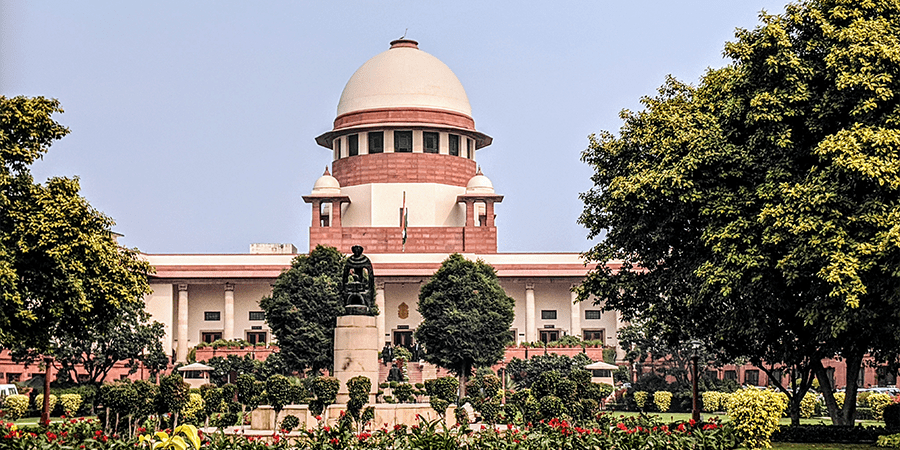
The petitioner (Dolly Rani) and the respondent (Manish Kumar Chanchal) are trained commercial pilots. They got engaged on 07.03.2021. Thereafter, they got married on 07.07.2021, at Vadik Jankalyan Samiti (Registered), without performing necessary marriage ceremonies, as per Hindu rites, for obtaining a “marriage certificate”. Based on the said certificate, they registered the marriage, under the Uttar Pradesh Marriage Registration Rules, 2017 and obtained a “Certificate of Registration of Marriage”. Later, the respective families of the petitioner and the respondent arranged a marriage ceremony, as per Hindu rites, on 25.10.2022. Meanwhile, the parties were living separately and differences ignited between them. The petitioner alleged that there was demand for dowry from the respondent’s family.
On 17.11.2022, the petitioner filed an FIR under Sections 498A, 420, 506, 509, 34 of the Indian Penal Code, 1860 and Sections 3, 4 of the Dowry Prohibition Act, 1961 against the respondent and his family members alleging harassment.
Thereafter on 13.03.2023, the respondent filed a petition for divorce (bearing Matrimonial Case No.82/2023) under Section 13(1) (ia) of the Hindu Marriage Act, 1955 (hereinafter referred to as “the Act”) in the Court of Principal Judge, Family Court, Muzaffarpur, Bihar. Being aggrieved by this, the petitioner, who is currently residing with her parents, in Ranchi, Jharkhand, filed a transfer petition seeking the transfer of the divorce petition (bearing Matrimonial Case No. 82/2023 titled “Manish Kumar v/s Doly Singh”) which is pending before the Court of Principal Judge, Family Court, Muzaffarpur, Bihar to the Court of Principal Judge, Family Court, Ranchi, Jharkhand.
The petitioner’s counsel submitted that seeking a divorce decree in Matrimonial Case No.82/2023 is invalid since there was no legal marriage between the parties. The respondent’s counsel also acknowledged the same that there is an absence of a valid Hindu marriage between the parties as per Section 7 of the Act. However, the respondent was compelled to file M.C. No.82/2023 as the “marriage” was officially registered before the Registrar of Marriages, leaving no alternative recourse.
Hence, during the pendency of the said transfer petition, the parties have discussed the matter and they have agreed to file a joint application under Article 142 of the Constitution of India to the Supreme Court.
In light of the above-mentioned observations the Hon’ble Court declared that the ‘marriage’ dated 07.07.2021 between the parties is not a valid ‘Hindu marriage’ having regard to the provisions of Section 7 of the Act. Consequently, the certificate issued by the Vadik Jankalyan Samiti (Registered) dated 07.07.2021 was declared as null and void. Further, the certificate issued under the Uttar Pradesh Registration Rules, 2017 dated 07.07.2021 was also declared as null and void.
Vineetha Wilson
Legal Trainee, SMA Legal
©2024 SMA Legal